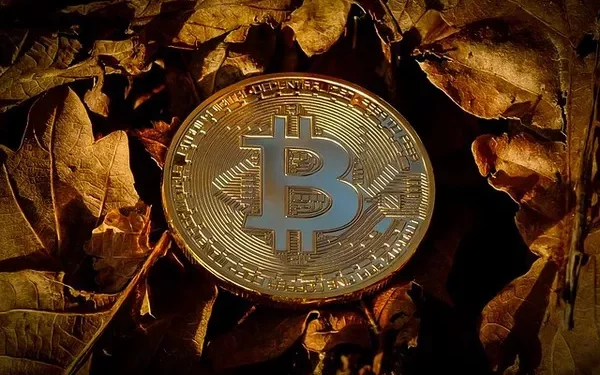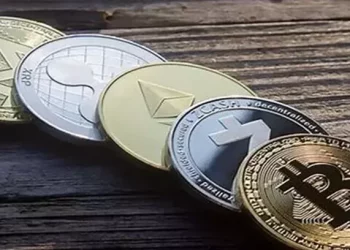The Monetary Authority of Singapore (MAS) has announced its commitment to advancing the commercialization of asset tokenization, aiming to position Singapore as a leader in this innovative financial sector. The central bank’s initiative seeks to enhance liquidity and promote the adoption of tokenization within financial services, potentially benefiting various cryptocurrency projects.
In a press release on November 4, MAS outlined its plans to deepen support for asset tokenization by focusing on the development of commercial networks, market infrastructures, industry frameworks, and settlement facilities. The initiative will significantly impact the cryptocurrency landscape, particularly for tokens involved in the tokenization of assets, including Ondo, Mantra, Pendle, and Chainlink.
To facilitate these goals, MAS has engaged over 40 financial institutions, industry associations, and international policymakers from seven countries under the umbrella of Project Guardian. This collaborative effort aims to improve liquidity and adoption in both primary and secondary markets for tokenized asset transactions. Notably, major banks such as Citi, HSBC, Schroders, Standard Chartered, and UOB have formed the Guardian Wholesale Network to foster these commercial networks.
According to MAS, “By connecting a broader set of participants’ products and services across multiple currencies and assets, greater improvements in capital raising, secondary trading, asset servicing, and settlement of tokenized assets may be realized.”
Additionally, the Global Layer One (GL1) initiative will provide a digital infrastructure ecosystem to facilitate seamless cross-border transactions. Leading financial institutions like BNY Mellon, Citi, J.P. Morgan, MUFG, and Societe Generale-FORGE are working together to define the necessary business, governance, risk, legal, and technological frameworks for the GL1 platform.
As part of this initiative, two significant industry frameworks were published today by members of Project Guardian. The Guardian Fixed Income Framework (GFIF) aims to implement tokenization in debt capital markets and enhance the adoption of tokenized fixed income solutions. Meanwhile, the Guardian Funds Framework (GFF) provides best practice recommendations for tokenized funds, including guidelines for fund settlement.
MAS has also chosen common settlement assets, including the Singapore dollar wholesale central bank digital currency (CBDC), for market testing. Key players like DBS, OCBC, Standard Chartered, and UOB are participating in use cases involving payments and securities settlement.
As the MAS pushes forward with its asset tokenization plans, several cryptocurrency projects are rapidly expanding their efforts to link decentralized finance with traditional financial systems. Ripple, for example, has partnered with the crypto exchange Archax to enhance the XRP Ledger’s capabilities in real-world asset (RWA) tokenization, allocating $10 million for the initiative. Additionally, Open Eden has reported $90 million in tokenized U.S. Treasury bills locked across Ethereum, Arbitrum, and the XRP Ledger. Recently, Aurum Equity Partners launched a groundbreaking $1 billion tokenized equity and debt fund on the XRP Ledger, touted as the “world’s first combined equity and debt tokenized fund.”
Related topics:
SK Telecom Integrates USDT Stablecoin into T Wallet via Aptos Partnership
Canary Capital Submits Solana ETF Application to US SEC
Coinbase CEO Says No Slowdown Post Election, Reveals 2026 Pro-Crypto Efforts

















